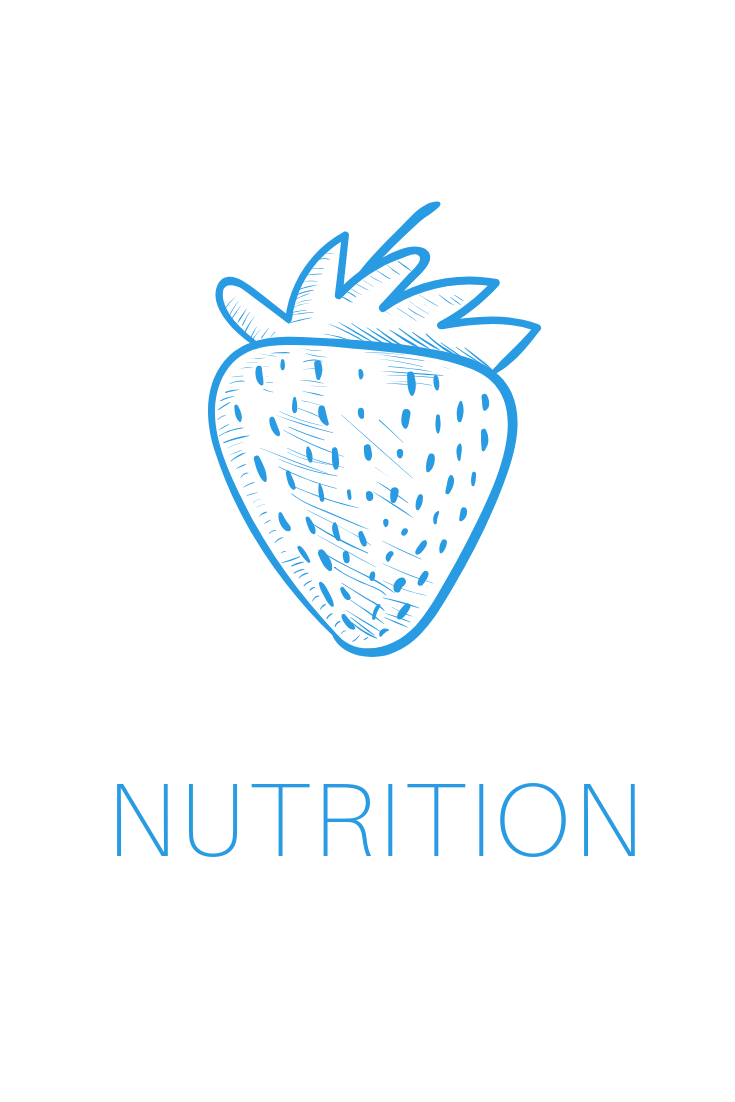I’m Dreaming of a Green Christmas
Here are some simple ways to enjoy a sustainable Christmas.
By guest writer: Caileen Cachia
I love Christmas. I love the seasonally inappropriate roasts, the hot weather, the cold wine, sharing meals and exchanging gifts. I love the excitement and the chaos and even the mess, but I definitely don’t love the huge amount of waste created on this one day each year.
This year I’ve done some research into how to achieve and enjoy a low waste Christmas. In the process I’ve learned that keeping sustainability in mind when planning for Christmas has the added benefit of helping us to refocus on the most meaningful aspects of the occasion.
Trees, real v fake:
If you already have an artificial Christmas tree that is still in good condition, the best low waste option is to keep using it for as long as possible.
If you are in the market for a new Christmas tree, real Christmas trees (as long as they are properly disposed of) are more environmentally friendly than plastic ones. Real trees sequester carbon into the soil and provide habitat for animals as they grow. Other sustainable options would be to use a living tree in a pot (by far the best option) or make an artistic ‘tree’ from pallets, pieces of timber, bare branches or even books.
Decorations:
When I was a kid, Christmas decorations were precious and the fear of smashing one of those delicate baubles was real! These days, you can get 28 beautifully coloured baubles for $2 at Kmart!
A good rule of thumb is that when something is priced so low, the real cost is being borne by someone else and often by the environment. When shopping for decorations, try to bear in mind that every item you see on the shelves will eventually end up in landfill. If you simply must have new decorations, consider buying fair trade ornaments which are usually ceramic or bamboo and more sustainable than the mass produced ones in big stores.
For a more personal option, why not make your own decorations? The internet abounds with fun ideas, like ribbon trees or paper baubles. Get the kids involved and make something that will be meaningful and hold fond memories when you get them out again next year.
Bon bons are easy to make in-house. Put a scratch lottery ticket, a funny story from your family’s year or a joke inside to share at the table. Much better than plastic trinkets that go straight in the bin. (If, like me, you consider silly paper crowns compulsory Christmas lunch-wear, these are also very easy to make!).
Gifts:
Most of us already have enough “stuff”. Unfortunately at Christmas we often feel pressure to buy more “stuff” for the people we love. The shops get busy, the advertising is relentless and it can be hard not to get caught up in the frenzy.
By thinking creatively, we can show thoughtfulness without adding to the amount of stuff in the world. “Experience gifts” like tickets to an event, movie passes or a lesson in something that the recipient would love to learn can show that you have really thought about them. Thinking further outside the box, why not offer your own services with a voucher for babysitting, a meal or something else you think would be appreciated? Maybe someone you love would appreciate a donation in their name to a charity they support.
If you really want gifts you can wrap and put under the tree, consider gifts that are sustainable. Reusable products are popular at the moment and there is a huge range of coffee cups, water bottles, bamboo cutlery sets or reusable straws to choose from. Plastic free products like beeswax wraps or shampoo bars can be appealing and indulgent as gifts.
Don’t be afraid of buying secondhand. Kids don’t care if toys they are excited to receive have been preloved and secondhand books can often be found in excellent condition.
Consider a living gift, a windowsill herb garden perhaps, or a potted strawberry plant. A worm farm can be fun for all ages and is a great step towards sustainability.
If you are buying new items, be aware of the distance they have to travel to reach you. The further something travels, the larger its carbon footprint. This is especially relevant when shopping online. For example, while amazon.com.au lists prices in aussie dollars, most of their items ship from the USA when ordered.
Gift wrapping:
Wrapping paper is recyclable unless it has a metallic or glitter finish. It’s important to remove all sticky tape, or use paper washi tape instead. Plain kraft paper is the most sustainable (and cheapest) option and with a little creativity and some natural bits and pieces you can dress your gifts up to look amazing. Use paper string instead of plastic ribbon.
Check out www.kmc.gov.au if you are unsure about what is and is not recyclable.
Food:
For many Australians, Christmas is synonymous with seafood. Take into account the origin of the seafood you buy. The Australian Marine Conservation Society provides a useful online guide to “certified sustainable seafood” at www.msc.org. Look out for the blue fish symbol.
When food shopping for Christmas, plan carefully to avoid buying too much food. If you feel you need to buy extra food “just in case”, choose things that will keep and can be used up in the days after Christmas.
Try to reduce plastic packaging by purchasing what you can at bulk food stores (eg. Source) and have plenty of reusable containers ready for leftovers to avoid the use of plastic wrap and foil. Reusable ziplock bags are useful as are silicone bowl covers which come in a variety of sizes. Remember soft plastics (can be scrunched into a ball) can be collected and returned to Woolworths or Coles for recycling. www.redcycle.net.au
For the inevitable food scraps and waste, think about how you will dispose of these. If you don’t already have a composting system, it might be a good idea to put a worm farm or Bokashi bucket on your Christmas wishlist! Check out www.compostrevolution.com.au for options, information and to access your council rebate on compost systems. Diverting food waste from landfill is actually one of the most impactful things we can do to reduce our carbon footprint.
By being more intentional about Christmas and keeping sustainability in mind, we can avoid getting swept up in the whirlwind of crazy consumption and banish the Boxing Day waste hangover!
by Caileen Cachia
PCANS (People for Climate Action North Shore).
PCANS is a group which meets regularly to share information and ideas about living more sustainably and taking climate action. If you’d like to know more about PCANS please email me at ccachia@tpg.com.au. We first make our habits and then our habits make us.
Hey! I’m Angie. I’m passionate about fitting exercise into your life, for the rest of your life.
BLOG CATERGORIES:







